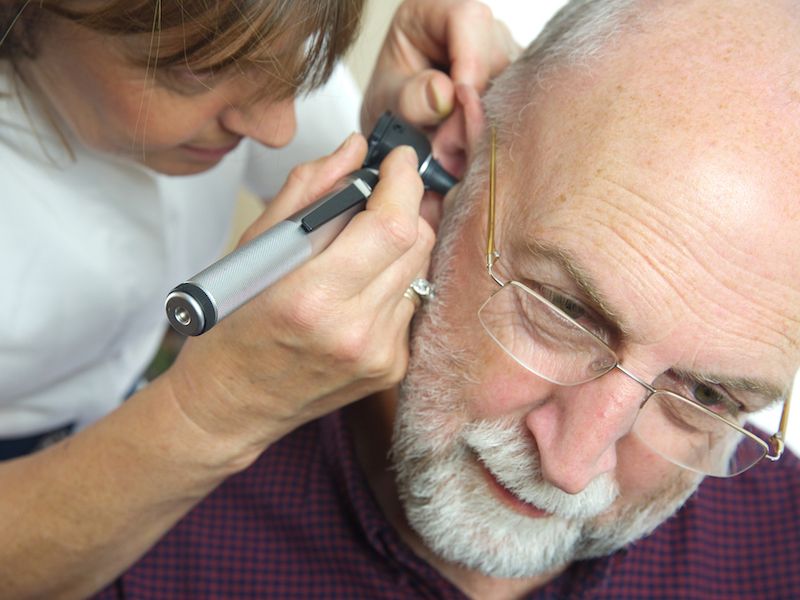
You continue to go to the eye doctor once a year if you own glasses, right? Due to the fact that, with time, your eyes will change. As a matter of fact, no part of your body is static, your eyes aren’t and, the reality is, neither are your ears. That’s the reason why, just as it is with your eyes, it’s necessary to keep getting your ears checked even after you buy a set of hearing aids.
Unfortunately, many people miss those regular checkups. It’s possible they’ve been consumed with making the most of their lives to get back in to see the doctor. Or it’s possible that your job has been stressful recently. You could even be so satisfied with your hearing aids that you just didn’t think you need to make another appointment. You would normally think of that as a good thing.
In the long run, for people with hearing loss, it is even more important to have even one follow-up appointment. In spite of that, regular attention is often ignored. According to one survey, only 33% of seniors with hearing aids also used regular hearing services.
After You Get Hearing Aids, Why Should You Require to Get Normal Examinations?
Your hearing is not static. It changes over time. When these changes happen, you should adjust your hearing aids to compensate. Problems can be detected early and your hearing aids can be modified accordingly.
And that’s not even the only reason why it may be a good idea to show up for routine consultations with a hearing specialist once you have your hearing aids. Some of the most common reasons to make sure you show up to your next appointment consist of:
- Hearing degeneration: Even if you use a hearing aid, your hearing might keep deteriorating. If this deterioration is happening over a long period of time, you most likely won’t know it’s taking place without the aid of a hearing evaluating. Appropriate alterations to your hearing aids can often slow hearing declines.
- Hearing aid calibration: There might be need for yearly calibration of your hearing aids because of minute changes in your hearing in spite of the consistency of your general hearing. Without this calibration, your hearing aids may slowly become less and less reliable.
Besides tracking changes in your hearing, it’s important to occasionally get a professional cleaning. We can help make sure your hearing aid is functioning the way it is supposed to, clean all the little components and keep it in optimum condition.
The Risk of Not Following up With Routine Exams
If you get frustrated with your hearing aids, say because they don’t work the way you expected them to, you may simply stop using them and that wouldn’t be good. Using hearing aids helps you hear better, without a doubt, but it also affects your general health. If you discontinue using your hearing aids, not only can your hearing decline faster, you may not recognize it immediately. Increased chance of hearing problems, along with cognitive decline, have been connected to loss of hearing.
When it comes to having your hearing aids performing at an optimal level, frequent examinations are your best choice. So that you can be sure your hearing aids are functioning as they should be you should get annual hearing exams. So make your hearing exam now.